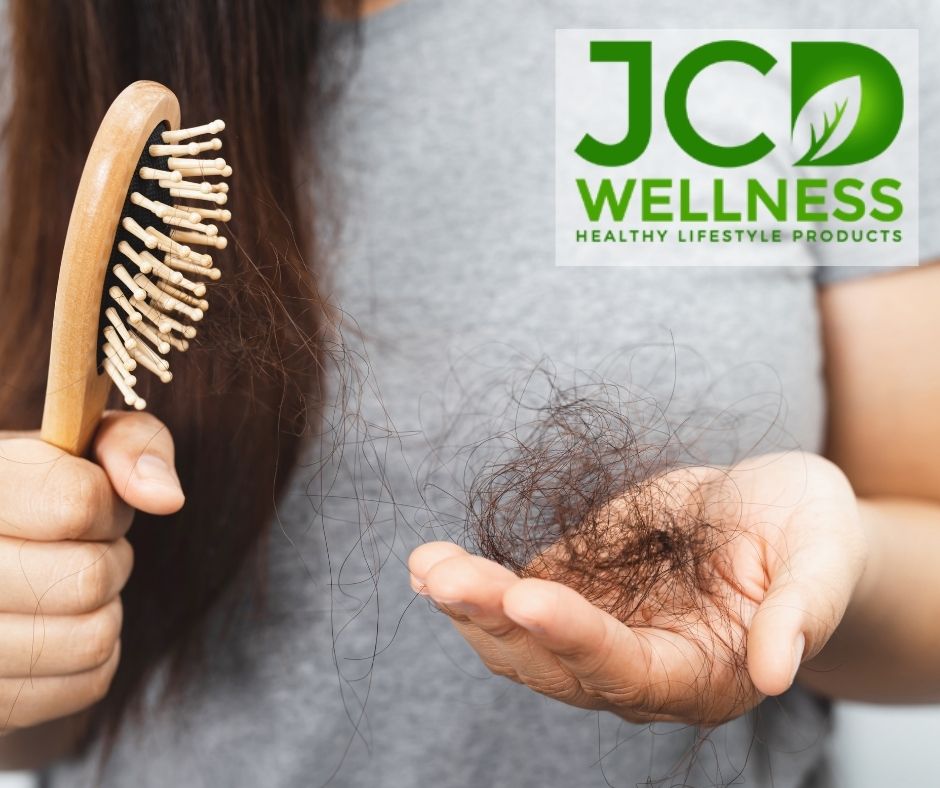Do you suffer from hair thinning or hair loss?
If so, it could be because there is too much zinc in your diet. There have been many studies showing how too much zinc can lead to hair loss and other problems. why is that? Although we need a certain amount of zinc in our diets, there are many problems that can arise, including hair loss, if we have too much.
zinc
Zinc is a trace element (a chemical element of low concentration and required in minute quantities) in the human body but is essential for many biochemical processes. Some of the essential zinc-dependent processes include cell reproduction, production and maintenance of hormone levels, protein synthesis and absorption of other vitamins and minerals. When the level of zinc in the body is not sufficient to meet the metabolic needs of the body, a condition of zinc deficiency is diagnosed. Zinc deficiency or hypothyroidism is a nutrient deficiency caused by malnutrition or malabsorption of the element. It can also be caused by certain conditions such as kidney disease, chronic liver disease, diarrhea, sickle cell anemia, diabetes, cancer, and even after undergoing bariatric surgery.
It is important to note that vitamin A and D deficiency are prominent causes of zinc deficiency. Hair loss is one of the main signs of zinc deficiency. Other signs and symptoms include diarrhea, skin lesions, psoriasis, and muscle wasting. It is also implicated in the development of acne. If allowed to persist and without treatment, zinc deficiency may lead to anorexia and other appetite disorders, weight loss, baldness, impairment of motor skills and cognitive functions in children, pneumonia, dysmenorrhea, and pregnancy disorder in pregnant women. The group of people most at risk of zinc deficiency includes the elderly, people with anorexia, alcoholics, people with restricted diets, and people with conditions such as Crohn's disease and celiac disease that cause general malabsorption.
zinc for hair loss
There are many reasons why we need zinc in our bodies. These reasons include: Building healthy cells Regulating hormones Aiding in the absorption of other nutrients Of course, a lot of a good thing isn't always good either, and that's true of zinc. It is a common fear that too much zinc in the body can raise levels of the hormone dihydrotestosterone (DHT). It may seem strange, because despite the high levels of Dihydrotestosterone, production is limited. Using zinc as a dihydrotestosterone blocker is not effective. Zinc helps keep hormone levels regulated, which is one reason why it is so effective in preventing and treating hair loss.
zinc balance
Just as zinc deficiency can cause hair loss, so can excess zinc. High levels of zinc in the body not only disrupt the absorption of other essential minerals such as magnesium and iron, but also boost testosterone production. High levels of testosterone combined with other hormonal imbalances lead to hair thinning and eventually hair loss. On the other hand, iron deficiency is a specific cause of hair loss. So, just as zinc deficiency causes hair loss through multiple pathways, excess zinc in the body also leads to hair loss. In a way, this is good news because it means that zinc is very important for the growth of hair follicles. High doses of zinc have been reported to inhibit both the anagen and regressive phases of hair growth. To achieve the best balance of zinc is important
How does zinc prevent hair loss?
To understand how zinc prevents hair loss, it is important to know how zinc deficiency can lead to hair loss. One theory has been established that zinc deficiency leads to changes in the protein structure of hair follicles which impair their structural integrity. This means that the new hair will fall out faster than it should be. Furthermore, there are recorded cases of people changing their hair from a dull gray color to the original color when they followed zinc-rich diets. Another study places the importance of zinc in hair re-growth on the crucial role of the mineral in the production of DNA and RNA. This is a requirement for efficient division of the follicle cells which leads to an improvement in the anagen phase of the hair growth cycle. Additionally, zinc has been shown to be effective in reversing hair loss due to negative enzymatic reactions in the topical application of the mineral.


